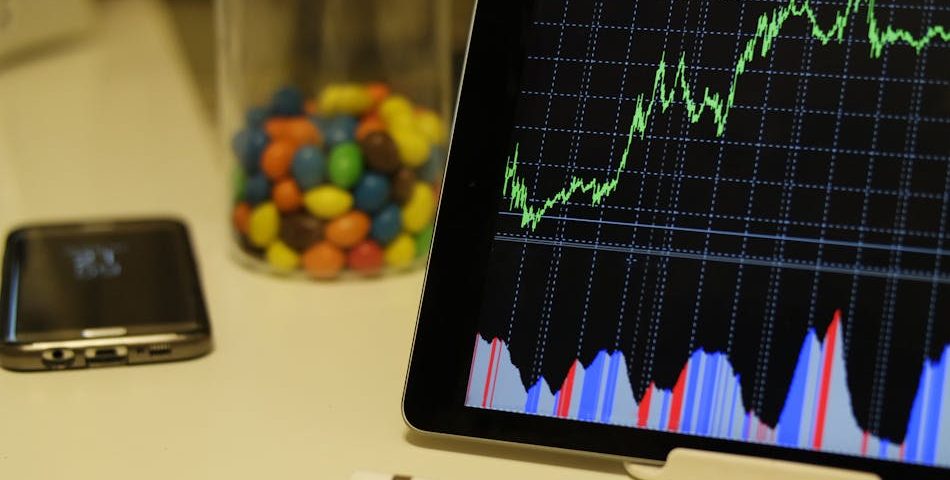
Understanding Algorithmic Trading, The Secrets of Automated Trading
December 20, 2023
Mastering the Art of Trading on Forex Capital Markets
July 19, 2024The Ultimate Guide to Forex Trading Hours

forex trading hours image
INTRODUCTION
Forex trading hours are defined as specific times in the forex market where individuals can engage in buying and selling currency pairs. It is important to understand these hours in order to maximize trading opportunities and effectively manage risks. But what are they, and why should you be interested?
GLOBAL FOREX MARKET OVERVIEW
The forex market is a global decentralized market for trading national currencies of different countries. It is the world’s largest financial market by volume, where money worth trillions of dollars get exchanged every day. Major participants here include central banks, commercial banks, investment firms, hedge funds and individual investors.
MAJOR FOREX TRADING SESSIONS
The forex market operates throughout the week 24/5 due to time zone differences around the world . The market is divided into four major sessions which are Sydney, Tokyo, London and New York City. Each session has its own unique features and way of doing business.
1- SYDNEY SESSION
The Sydney session commences at 10 PM GMT on Sunday thereby marking the beginning of the trading week. This session has lower volatility compared with other sessions but it is a great time to trade pairs involving AUD such as AUDUSD or AUDJPY though.
2- Tokyo Session
Tokyo Session over laps the end of Sydney session at midnight GMT. It is another major forex trading session for the day with Asia providing significant activity. For its high liquidity, such pairs as USD/JPY, EUR/JPY and AUD/JPY are commonly traded.
3- London Session
The London session opens at 8 AM GMT and is considered the most active forex trading session. This period has a lot of liquidity and volatility because it overlaps with Tokyo and New York sessions. A lot of money flows in pairs like EUR/USD, GBP/USD, USD/CHF that are dominant here.
4- New York Session
The New York session begins at 1 PM GMT and is also highly active. This peak period of trade occurs when this time coincides with the end of the London session. Pairs such as USD/CAD, EUR/USD & GBP/USD witness big moves then.
Forex Trading Hours Session Overlaps
During overlapping trading sessions especially London/New York overlap; these are crucial times to Forex traders. These periods have higher volumes of trades and hence increased Volatility thus making them better for trading.
Effect of Trading Hours on the Forex Pairs
Different trading hours affect the volatility and liquidity of forex pairs. Tokyo sessions are more volatile for instance, compared to pairs involving the Japanese yen and as for London session it is most active with pairs that have euro or British pound.
Time Zone Effects on Forex Trading
The times at which forex markets open and close around the world are influenced by global time zones. These disparities can be managed using tools such as fx trading clocks and world time converters.
Strategies for Different Forex Sessions
Each trading session provides its own type of opportunities. Scalping is best done during the Sydney/Tokyo overlap while long-term strategies should be employed during the London/New York overlap. Therefore, it is important trader develop strategies specific to each session to better exploit the variations.
Economic News and Forex Trading Hours
Forex markets are highly sensitive to economic news releases, often resulting in massive price fluctuations. In order to take advantage of such opportunities, traders should keep track of such news events and align their trades accordingly.
Weekends and Holidays
Forex market closes over weekends from 10 PM GMT Friday until 10 PM GMT Sunday. Additionally, holidays celebrated in major forex centers also affect volume traded as well as market volatility levels.
Conclusion
In conclusion, for any trader who would like to take full advantages of the global currency markets, it is important to understand Forex trading hours. Traders can improve their chances in trading by capitalizing on periods of increased liquidity and volatility brought about by overlapping market sessions. Regardless of whether you are a novice or experienced trader, aligning your trading hours with the prevailing market conditions can greatly improve your odds of making profits. Keep track of the current affairs, fluctuate according to different time zones and always be alert on the economic news and events that will help you maneuver through Forex trading hours effectively



